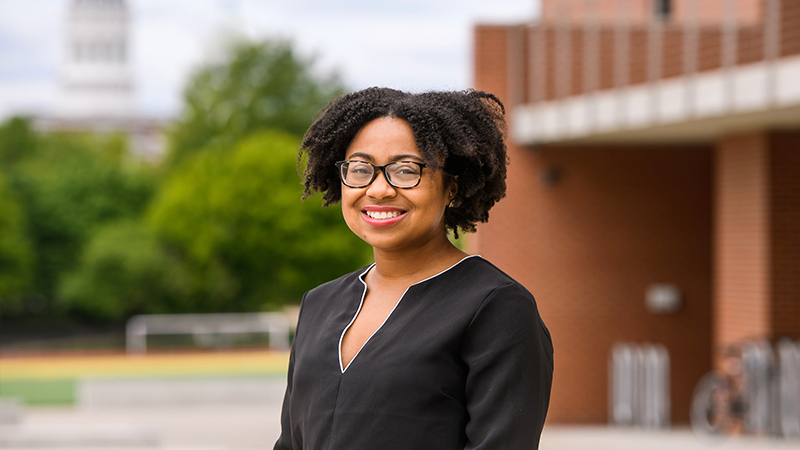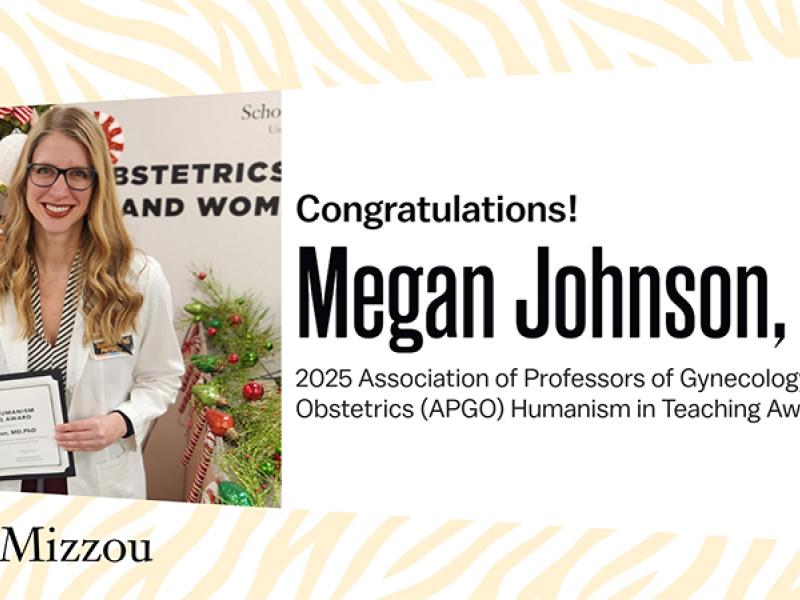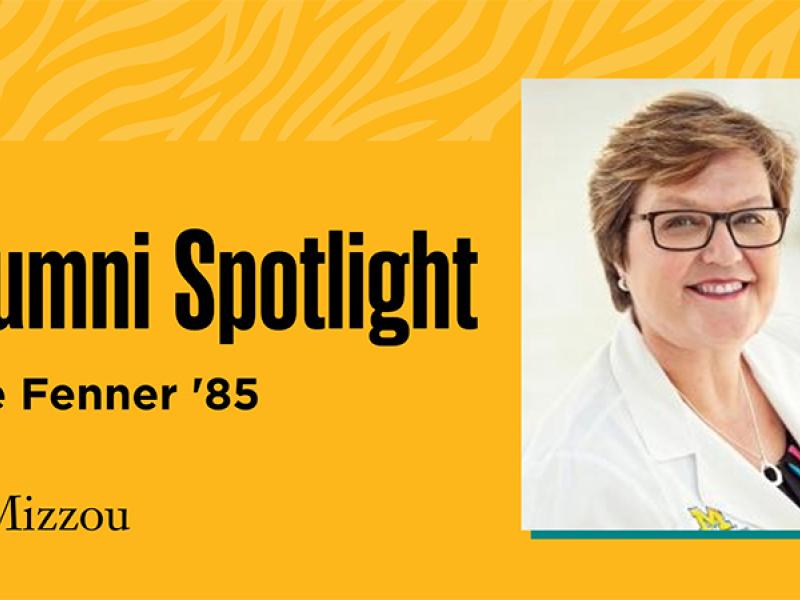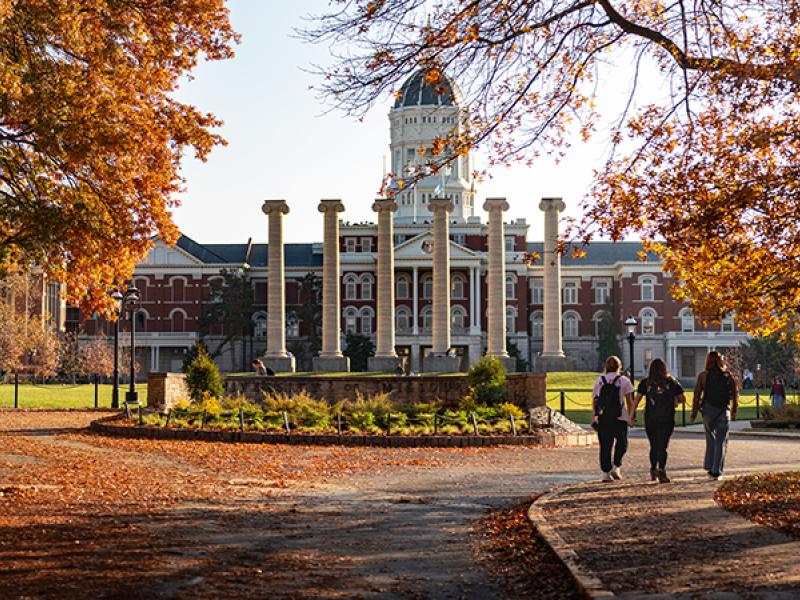
Growing up with a grandmother from rural Mississippi, Deidre Dillon learned firsthand how health disparities can affect a person’s quality of life. She decided she wanted to try to change that dynamic. She wanted to become a doctor.
When her grandmother had medical appointments, Dillon tagged along and enforced the doctor’s instructions when they got home. When her mom didn’t feel well, Dillon went online to research the symptoms and possible diagnoses. When her cousin got hurt at football practice, Dillon wrapped his ankle.
“I was really the family doctor well before I knew what I was talking about,” she joked.
Her family moved from Mississippi to Missouri, and after graduating from Jefferson City High School, Dillon became the first in her family to attend college. She attended Tuskegee University in Alabama on a full academic scholarship and devoted her summers to medical research. After earning a degree in chemistry, Dillon spent two years as an emergency medicine medical scribe, learning at the elbows of doctors.
The one thing she couldn’t prepare for was the cost of medical school. That barrier was lifted when she received the MU School of Medicine’s Medical School Scholarship.
“I don’t think I could have attended medical school without the scholarship, but it also strengthened me to think there is somebody that recognized I could be a good fit for the medical field,” said Dillon, who recently completed her M1 year. “There are so many other people who would love to have this opportunity. Someone was willing to say, ‘Hey, we know you can do this.’ ”
The scholarship has been one of the driving forces behind Dillon’s efforts to pay it forward.
Dillon is currently considering emergency medicine as a specialty and wants to work with underrepresented populations. She volunteers as a mentor in MU organizations designed to increase minority representation in medical school, such as the Student National Medical Association, Pathways to Success (PAWS) and the CALEB Science Club.
“My job is to accomplish the goal I want, which is to become a doctor, but also to reach back and be involved with programs at Mizzou that open doors so more people who look like me can make it to this point,” Dillon said. “The world is tremendously diverse, and the medical community should reflect that regardless of socioeconomic limitations. I am excited to be a part of that change.”





